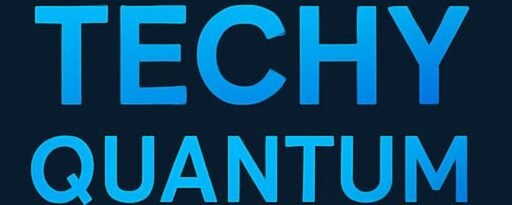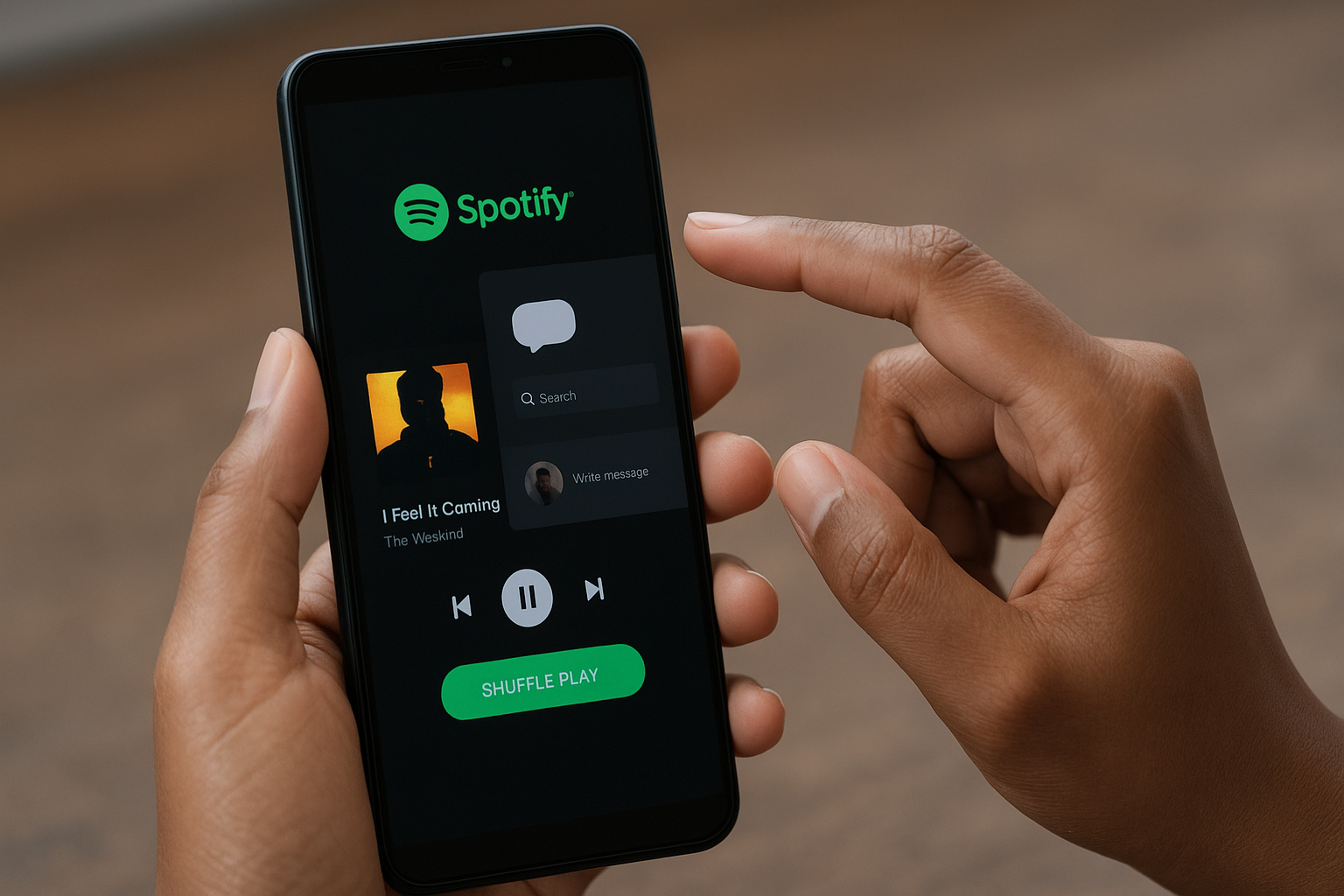Spotify is adding DMs a direct messaging feature that lets users share music, podcasts, and audiobooks right inside the app. With this update, Spotify aims to bring social interaction directly into its platform, eliminating the need to jump between messaging apps and streaming.
The rollout begins this week in select markets and is available on mobile devices for both Free and Premium users aged 16 and older. This move could redefine how people experience and recommend audio content.
Instead of copying links and pasting them into WhatsApp, Messenger, or Instagram, users can now share directly with friends on Spotify. But what does this change really mean for listeners, creators, and the music industry as a whole? Let’s explore.
Spotify has always positioned itself as more than just a music player. From Collaborative Playlists to Spotify Blends, the company has experimented with features that encourage shared listening.
However, recommendations often spilled outside the app into texts, tweets, or Instagram stories. By adding DMs, Spotify consolidates these interactions. This makes sense strategically, Keeps users inside the app longer, boosting engagement.
Provides a dedicated inbox where shared songs, podcasts, or audiobooks don’t get lost like they do in noisy group chats. Strengthens community building, a critical factor as TikTok, YouTube, and Instagram increasingly shape music discovery.
Mark Mulligan, a music industry analyst at MIDiA Research, notes, Spotify isn’t just competing with Apple Music or Amazon Music anymore.
It’s competing with every app where people discover music TikTok, Instagram, even Discord. Adding DMs is a natural evolution to hold its ground in this social first environment.
How the Spotify Messaging Feature Works
Using Spotify’s new messaging tool is simple, While listening to a track, podcast, or audiobook, tap the share icon in the Now Playing view.
Choose a friend from your contacts or someone you’ve interacted with on Spotify before via Jams, Blends, or shared playlists. Send the content directly with a message or emoji reaction.
Everything lands in a dedicated Messages inbox under the profile picture in the top left corner of the app. Unlike ephemeral links on other platforms, these recommendations are stored in one place, making them easy to revisit.
Consider Sarah, a university student who often shares indie tracks with her friends. Before DMs, she would copy Spotify links into WhatsApp, but they would get buried among memes and class updates. Now, her recommendations have a permanent, searchable home inside Spotify itself.
Music has always been deeply personal. We often send songs to express emotions we can’t put into words. Whether it’s dedicating a romantic ballad, sharing a podcast that made us laugh, or introducing a friend to an audiobook, these moments carry meaning.
Spotify adding DMs makes this more seamless. Imagine, A long distance couple can exchange love songs daily without needing another app. Friends who host a collaborative playlist can discuss tracks in real time, right where the music lives.
A podcast fan can send a thought provoking episode to a coworker, sparking conversations without leaving Spotify. This integration doesn’t just save clicks it strengthens emotional bonds around shared audio experiences.
Encryption and Privacy Concerns
Spotify has stated that DMs will be protected by industry standard encryption. While not as robust as end to end encryption like WhatsApp offers, this is a crucial step to avoid embarrassing data leaks.
However, some privacy experts caution that Spotify must go further. Since Spotify already has vast amounts of personal listening data, combining that with private messages raises questions.
Dr. Emily Carter, a digital privacy researcher, warns, When Spotify adds DMs, it moves beyond streaming into private communication. Users should demand clarity on whether conversations are fully encrypted and how long data is stored.
Spotify adding DMs isn’t just about convenience it’s about future growth. Here’s why, Competition with TikTok & YouTube, Both platforms drive music discovery. By adding DMs, Spotify positions itself as a social hub, not just a playback app.
Artists and podcasters could benefit from organic sharing inside Spotify. If friends share an emerging indie artist’s track through DMs, it creates a viral loop within the platform. Once users start messaging inside Spotify, they have fewer reasons to leave the app, strengthening loyalty.
Lessons from Other Platforms
Spotify isn’t the first app to embed social messaging. Similar attempts provide useful lessons, SoundCloud had a direct messaging feature but removed it in 2020 due to low engagement.
The difference? SoundCloud lacked Spotify’s massive active user base and integration with playlists. Instagram turned private sharing into a cultural norm. Spotify aims to replicate this but focused on music and audio.
YouTube once introduced a built in chat, but it flopped. Users preferred existing messaging apps. Spotify’s success will depend on whether its users see value in keeping music sharing in one place.
Some early testers have shared their experiences. I love that my shared songs don’t get lost in WhatsApp groups anymore. Why do I need another inbox? I already have too many apps to check.
Finally, I can talk about my playlists directly in Spotify without screenshots. These mixed reactions suggest that adoption will depend on how frictionless and useful the experience feels over time.
Spotify adding DMs could expand further, Today, it’s 1:1 messaging. Tomorrow, we may see group discussions around playlists or album drops. Artists could one day send exclusive content directly to followers.
Spotify might evolve into a true music social network, blurring the lines between streaming and social apps. If successful, this feature could pressure Apple Music and Amazon Music to introduce similar messaging options. It could even influence how record labels approach music promotion, prioritizing Spotify DMs as a direct discovery channel.
A Step Toward a More Social Spotify
Spotify adding DMs is more than just a technical update it’s a cultural shift. It acknowledges that music is not just consumed but shared, discussed, and felt together. By giving users a native space to exchange songs, podcasts, and audiobooks, Spotify strengthens its identity as a community driven platform.
While questions remain about privacy, adoption, and long term impact, the feature has the potential to make Spotify not just the world’s biggest streaming service but also the biggest conversation hub for music lovers.
For listeners, this means less hassle and more meaningful connections. For artists, it means a new path to discovery. And for Spotify, it could mean staying ahead in the race where streaming meets social.

